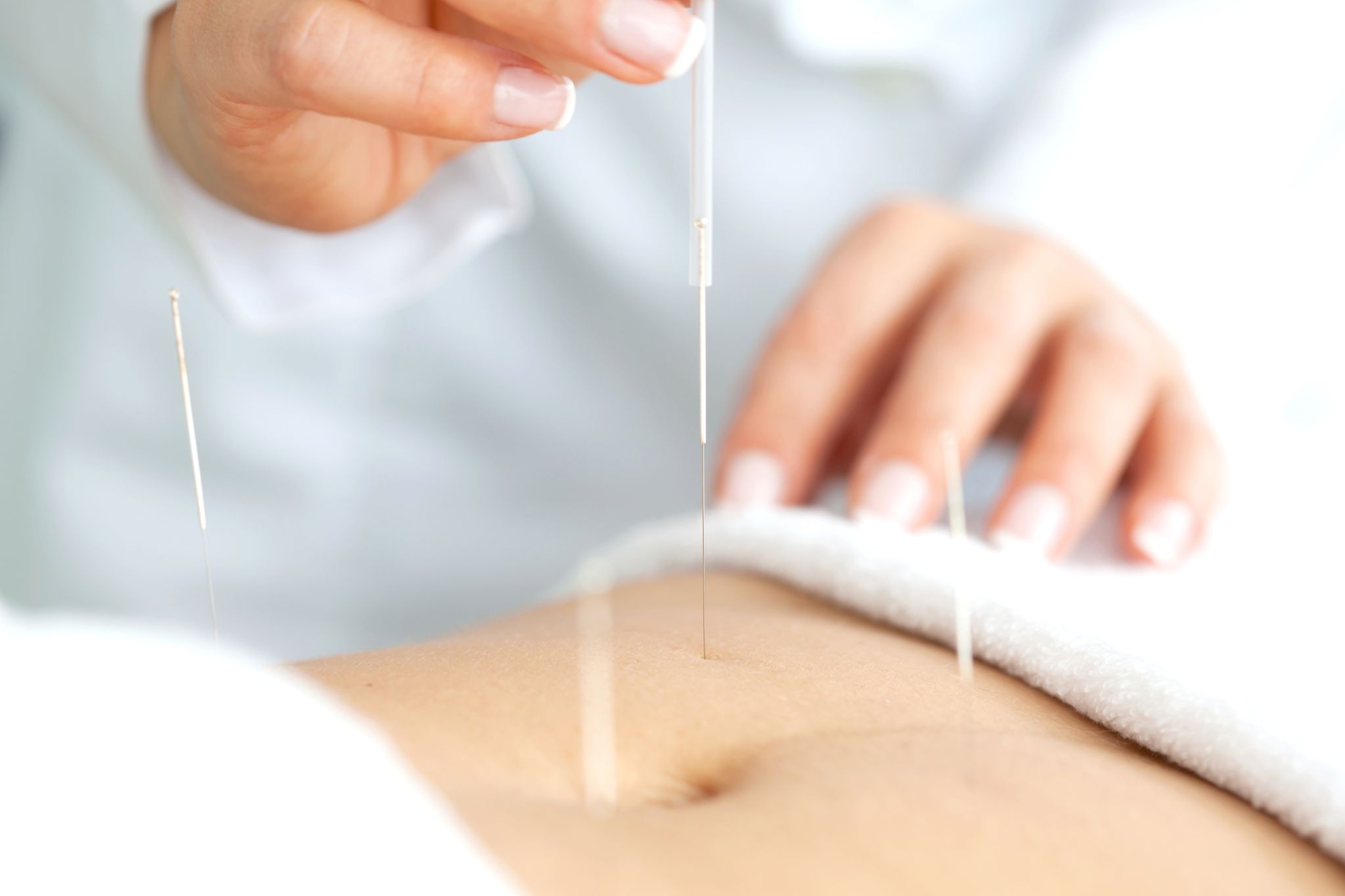Acupuncture is a system of healing which has evolved over the last 2,500 years. It involves the insertion of very fine needles into specific points on the body. Each point has a specific action. By using a combination of points tailored to an individual, acupuncture can effect change at a physical, emotional or spiritual level. Acupuncture is based on the theory of Qi. According to ancient Chinese medical thought, Qi flows through meridians or channels within the body. When the flow of Qi is interrupted an energetic disharmony within the body ensues and illness may result. Acupuncture promotes the smooth flow of Qi in the body and thus has a regulatory effect allowing the body to return to its energetic balance.

I use acupuncture to help relieve all types of pain and to promote women’s health.
https://www.ncbi.nlm.nih.gov/pmc/articles/PMC6709164/
Acupuncture may help in the treatment of infertility by:
- Regulating fertility hormones – stress and other factors can disrupt the function of the hypothalamic pituitary-ovarian axis (HPOA). Acupuncture promotes the release of beta-endorphin in the brain, which regulates gonadatrophin releasing hormone from the hypothalamus, follicle stimulating hormone from the pituitary gland, and oestrogen and progesterone levels from the ovary (Anderson 2007).
- Increasing blood flow to the reproductive organs (Ho 2009, Anderson 2007), which can improve the thickness of the endometrial lining, so increasing the chances of embryo implantation.
- Increasing egg production (Jin 2009) and improving oocyte quality (Chen 2009), which could increase the chance of fertilisation.
- Enhancing luteal function (Huang 2009)
- Regulating follicle stimulation hormone-receptor expression (Jin 2009).
- Normalising cortisol and prolactin levels on IVF medication days (Magarelli 2008); reducing stress (Anderson 2007)
- Promoting embryo implantation (Liu 2008).
